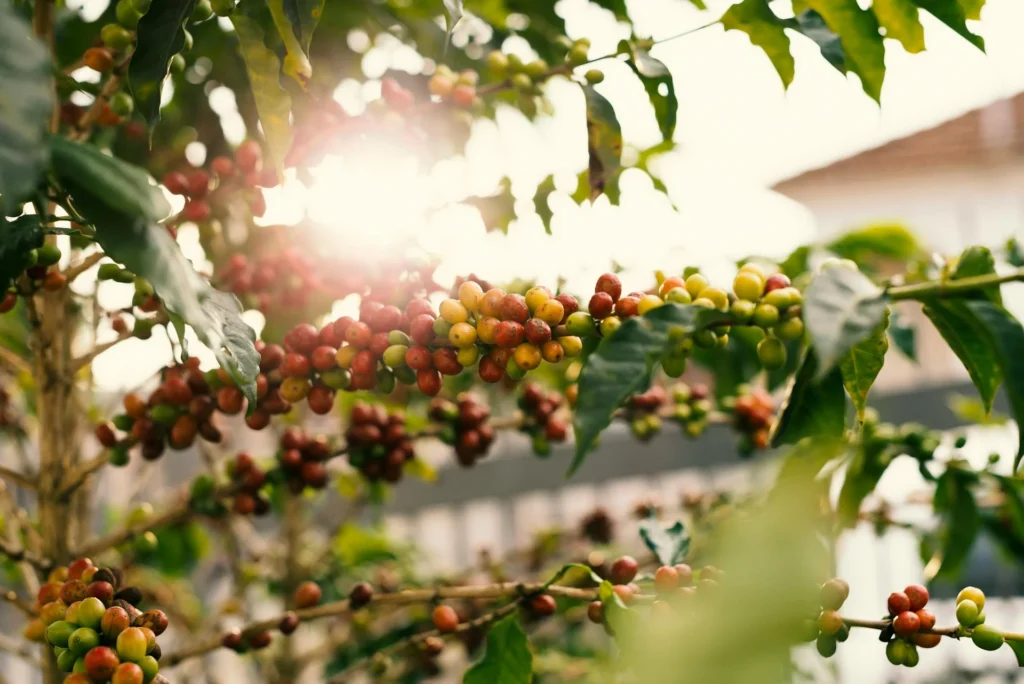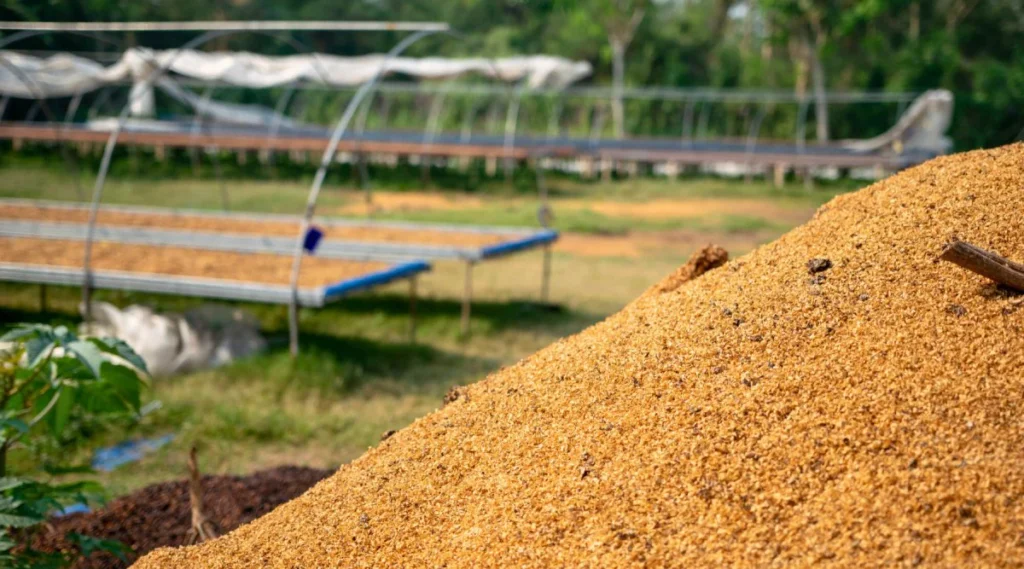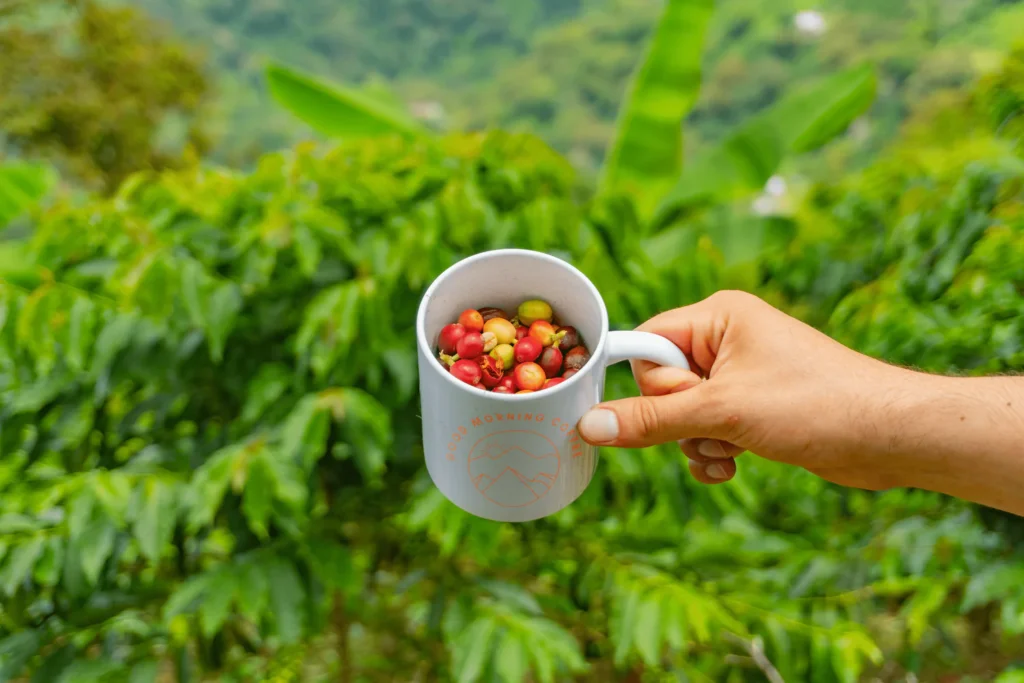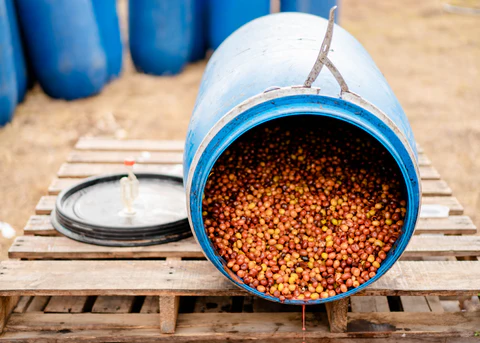Central America is often described as the “sweet spot” of coffee-growing regions. These countries, stretching from Guatemala to Panama, produce coffees known for their balance, clean sweetness, and structured acidity, making them some of the most reliable and versatile beans for espresso. Whether you’re crafting a dialed-in single origin or building a signature café blend, Central American coffees offer something incredibly valuable: flavor harmony.
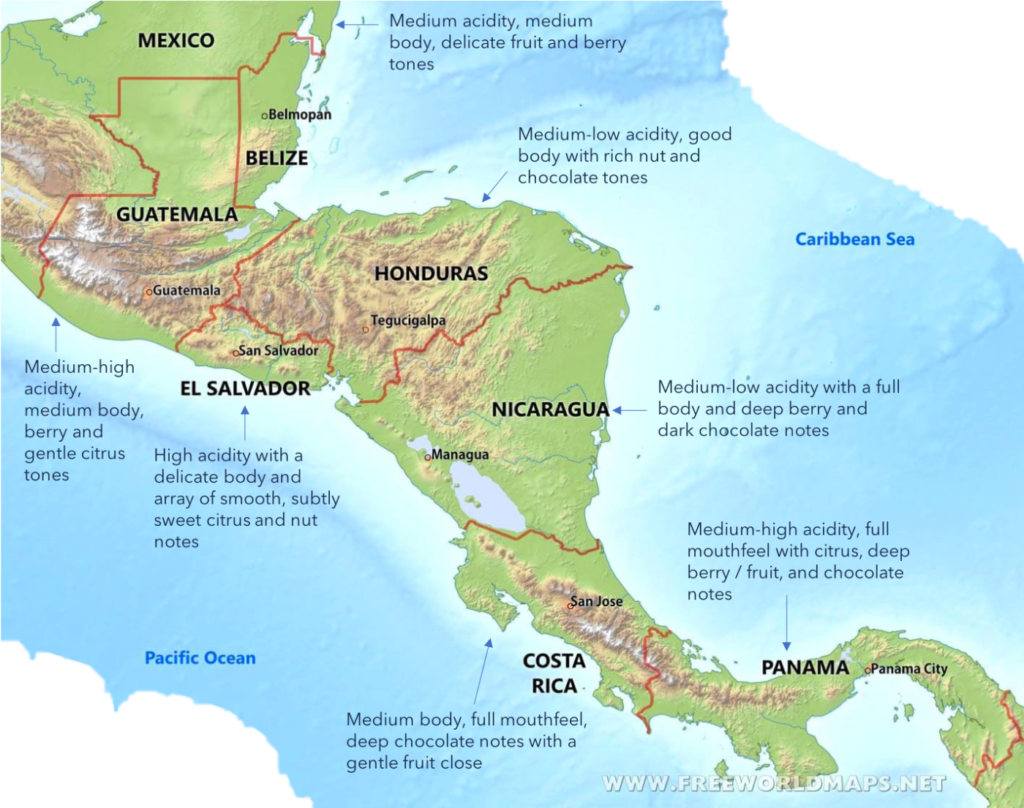
In this article, we’ll break down how coffees from countries like Costa Rica, El Salvador, Honduras, and Nicaragua perform in espresso, and how to get the most from their regional nuances.
What Defines Central American Coffee Flavor?
Central American Coffees are known for their clean, balanced profiles—with a sweet, citrusy brightness and medium body that plays well in espresso. Thanks to the region’s high altitudes, volcanic soil, and microclimates, these beans often carry notes of chocolate, caramel, tropical fruit, and florals. You get clarity without harshness, making them ideal for drinkers who want complexity without the funk or bitterness. Think smooth sips with a crisp, refreshing finish.
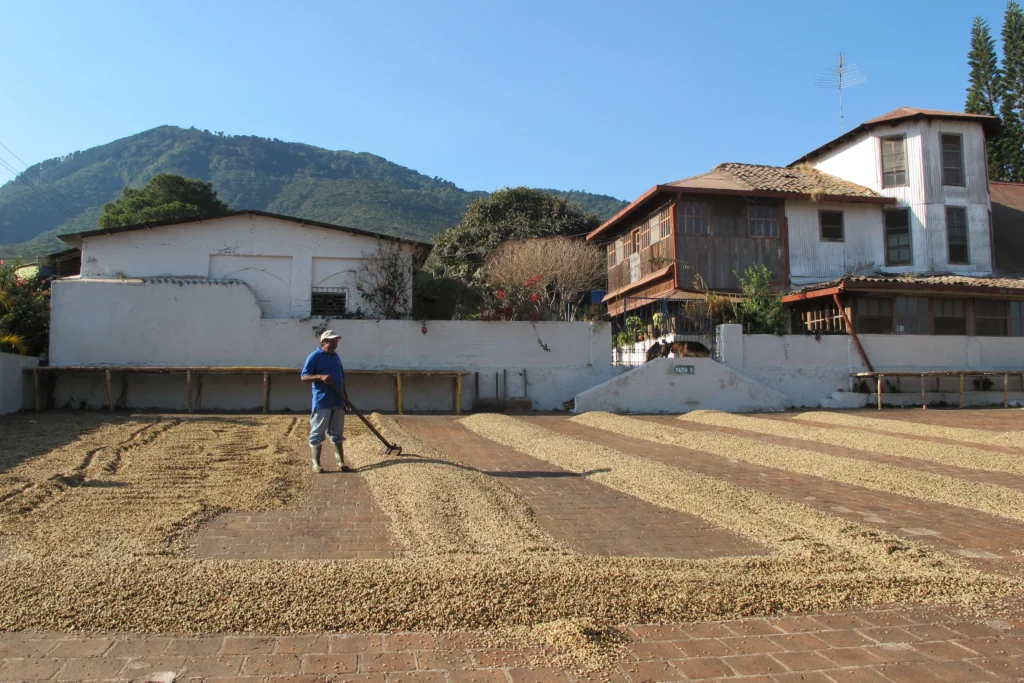
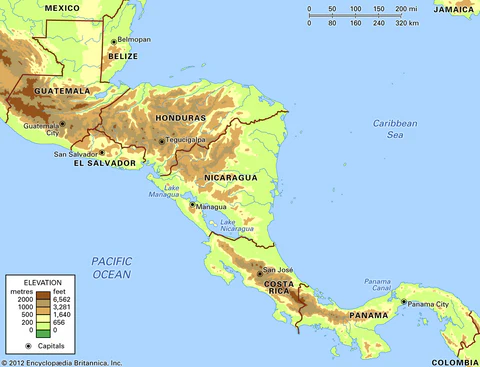
Central American coffees are known for:
- Medium acidity
- Balanced sweetness (caramel, panela, raw sugar)
- Medium body
- Floral or fruity highlights depending on region
- Excellent compatibility with washed and honey processing
These characteristics make them ideal for espresso that’s approachable, balanced, and refined.

Country-by-Country Breakdown
Costa Rica
- Flavor: Honey, red apple, brown sugar
- Body: Clean and medium
- Best For: Straight espresso and milk drinks
- Notes: Great washed or honey processed options
El Salvador
- Flavor: Cocoa, baking spice, orange peel
- Body: Silky and sweet
- Best For: Single origin espresso and blends needing gentle structure
- Notes: Bourbon varietals are common and prized
Honduras
- Flavor: Caramel, raisin, nutty
- Body: Creamy, full
- Best For: Base in espresso blends
- Notes: Often underappreciated—some great microlots available
Nicaragua
- Flavor: Vanilla, nougat, soft fruit
- Body: Balanced and mellow
- Best For: Espresso that appeals to sweet-leaning palates
- Notes: Consistent and reliable when roasted well
Panama (non-Geisha)
- Flavor: Clean, tea-like, citrus
- Body: Delicate
- Best For: Light espresso styles
- Notes: Expensive but elegant, great for connoisseur espresso flights
Roast Profile Suggestions for Central American Beans
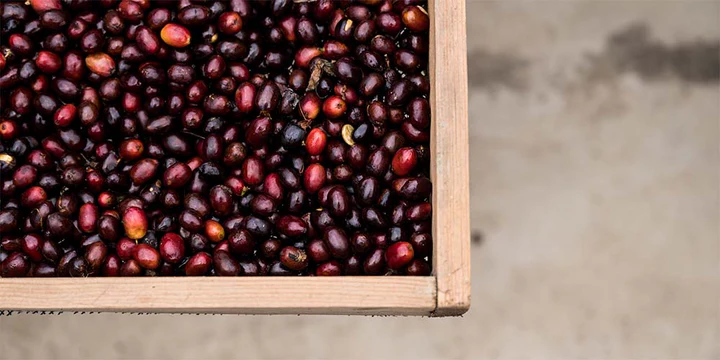
- Aim for medium roast to balance sweetness and structure
- Hone in on caramelization and development—too light will mute body, too dark will dull nuance
- Honey and natural processes can tolerate slightly higher development to tame acidity
Central American Coffees in Espresso Blends
These coffees are often the harmonizers in espresso blends, bringing:
- Balance between body and acidity
- Subtle sweetness
- Compatibility with milk
- Flavor stability across seasons
Examples:
- Guatemala + Brazil = sweet, full, rich
- Costa Rica + Ethiopia = bright but approachable
- Honduras + Sumatra = syrupy with cocoa finish
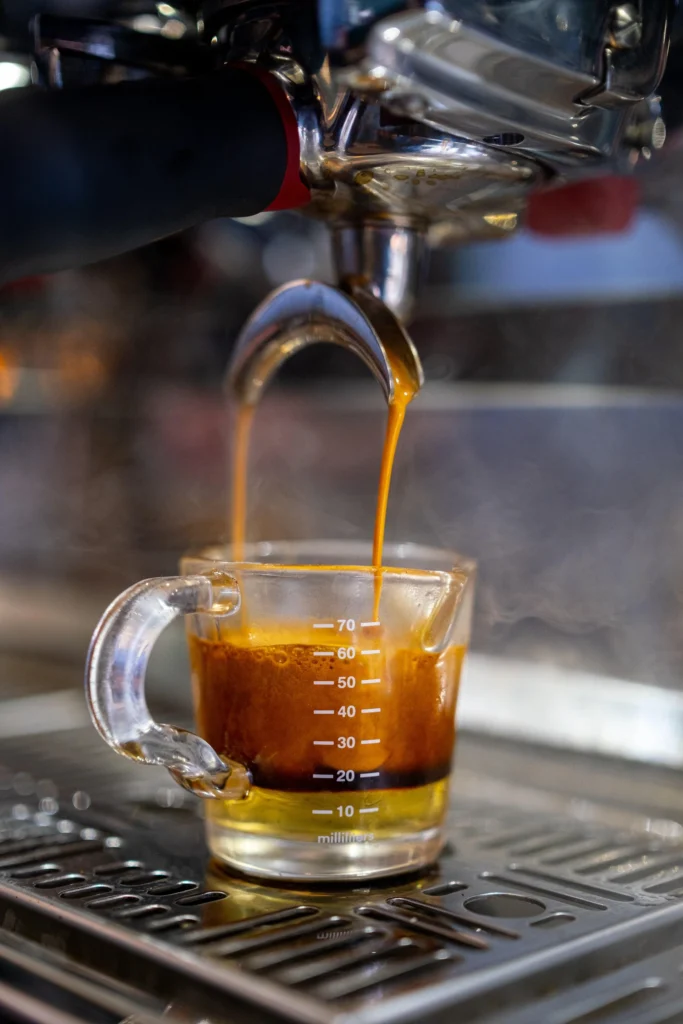
Dialing In Central American Coffees
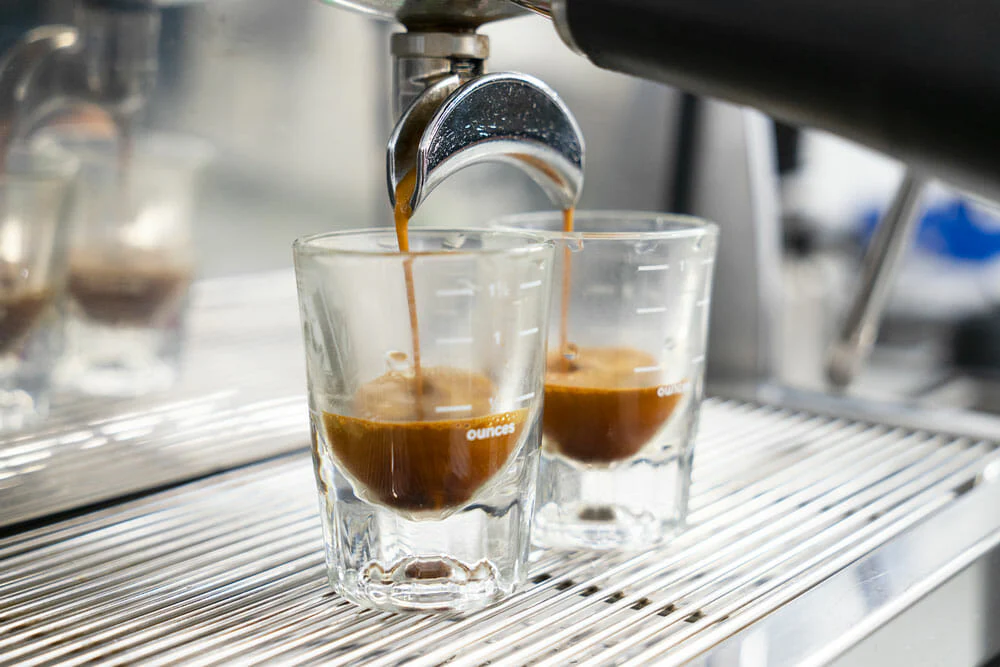
Suggested Starting Recipe:
- Dose: 18g
- Yield: 36g
- Time: 27–30 seconds
- Temp: 198–200°F
- Grind: Medium-fine
- Pre-infusion: Optional for naturals and honey-processed
These beans are generally easy to extract, making them excellent for baristas just getting into origin-specific espresso dialing.
Flavor Highlights from Processing Methods
- Washed: cleaner acidity, citrus, light chocolate
- Honey Processed: more sweetness, soft fruit, rounder mouthfeel
- Natural: more berry-like, less common but increasing in El Salvador and Honduras
Final Thoughts: The Espresso Sweet Spot
Central American coffees give you clarity without overwhelming acidity, sweetness without needing roastiness, and body without muddiness. For those seeking espresso that feels polished and versatile—without sacrificing character—these origins offer tremendous range and reliability.
From cafés to home brewers, Central American beans are the backbone of balanced espresso.
Written by Jose Luis Surjan
Espresso & Latin Food Expert

